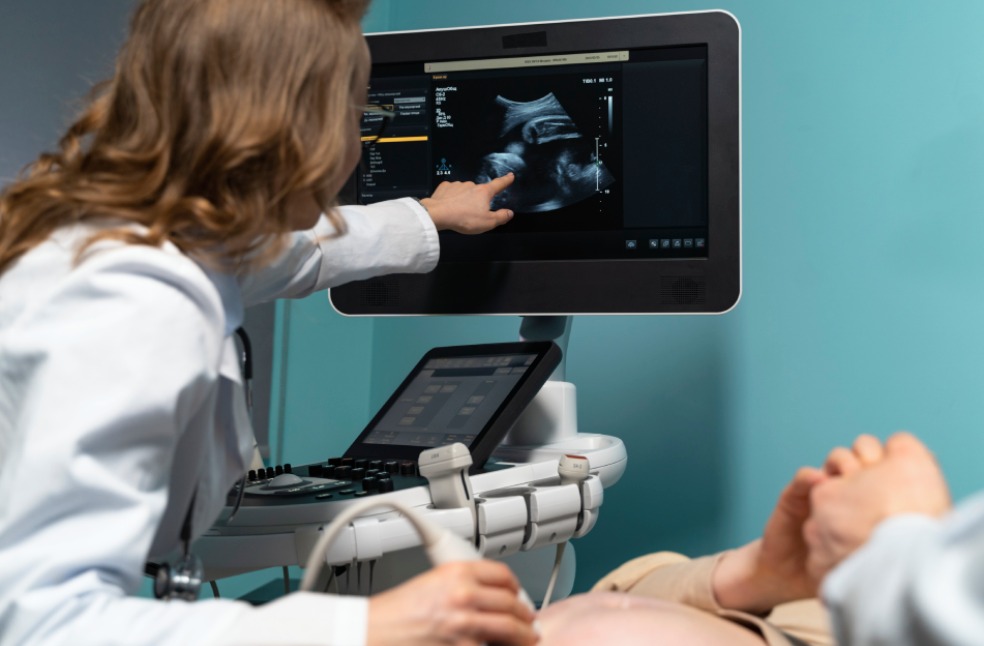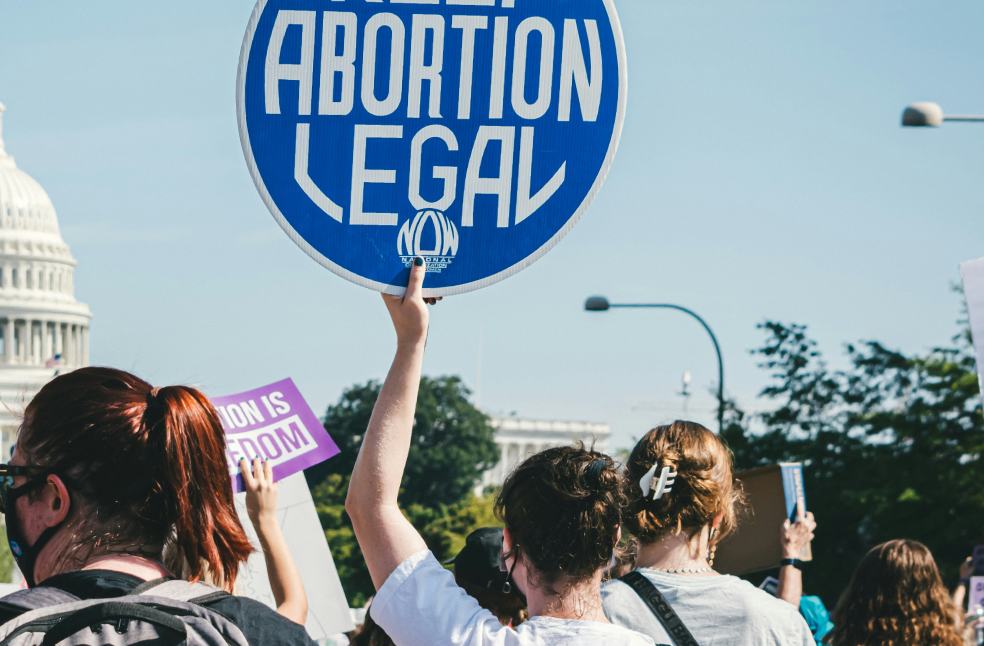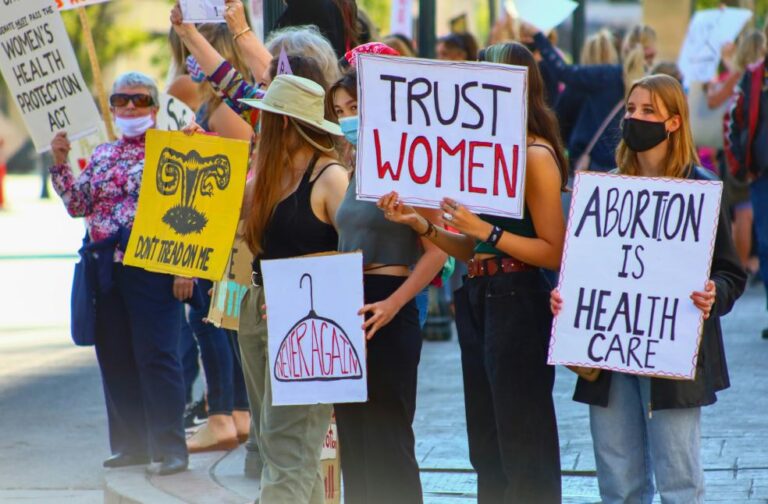England: A significant abortion law reform is set to take place in the House of Commons, with MPs preparing to vote on proposals that could decriminalise abortion in England and Wales.
Two Labour MPs, Tonia Antoniazzi and Stella Creasy, have each tabled amendments to the Crime and Policing Bill. Speaker Sir Lindsay Hoyle will decide which amendment proceeds to a vote, though only one is expected to be selected. Abortion debates typically involve a free vote, allowing MPs to vote according to their personal beliefs rather than along party lines.
Current Legal Framework
Under existing legislation, abortion remains technically illegal but is permitted under specific conditions up to 24 weeks of pregnancy. Exceptions apply beyond that limit if the woman’s life is at risk or in cases involving severe foetal abnormalities. Two doctors must approve any abortion, ensuring legal criteria are met, including risks to a woman’s physical or mental health.
In recent years, access has expanded with women allowed to take abortion pills at home for pregnancies under 10 weeks. Government data from 2022 recorded 252,122 abortions in England and Wales, the highest figure since records began.

However, growing concerns have emerged over police involvement. Abortion providers have reported receiving around 100 requests for medical records related to suspected abortion offences in the past five years. MSI, a leading provider, revealed that 60 criminal investigations had been launched since 2018, compared to almost none before. Six women have faced court proceedings for allegedly ending their pregnancies outside legal boundaries within the last three years.
Dr Jonathan Lord, medical director at MSI, stated that, “We believe the ‘unprecedented’ number of women being investigated could be linked to the police’s increased awareness of the availability of the pills by post scheme.”
Antoniazzi’s Amendment
Tonia Antoniazzi’s amendment seeks to stop women from being investigated, arrested, prosecuted, or imprisoned for ending their pregnancies. She emphasised that the investigations are dehumanising and prolonged, and the women forced to endure them are often extraordinarily vulnerable.
She highlighted the plight of women who might be victims of domestic abuse, human trafficking, sexual exploitation, or those experiencing premature births. “The reality is that no woman wakes up 24 weeks pregnant or more and suddenly decides to end their pregnancy outside a hospital or clinic. But some women, in desperate circumstances, make choices that many of us would struggle to understand. What they need is compassion and care, not the threat of criminal prosecution,” Antoniazzi said.
Her amendment would still allow prosecution of medical professionals or violent partners who unlawfully end pregnancies. Backed by 176 MPs and major abortion providers, the proposal has sparked heated debate. The Society for the Protection of Unborn Children called it an “extreme and dangerous proposal that would effectively decriminalise abortions.”

Creasy’s Amendment
Stella Creasy’s rival amendment takes a broader approach. It seeks to establish abortion access as a human right while also preventing the investigation of women who terminate pregnancies themselves.
Creasy argued her amendment offers protection to all those involved in ensuring that women can access safe and legal abortions. She criticized that Antoniazzi’s proposal for failing to protect partners, healthcare providers, and women called as witnesses during investigations.
Supported by 108 MPs but not by abortion providers, Creasy’s amendment has faced criticism from the British Pregnancy Advisory Service. The Society for the Protection of Unborn Children condemned Creasy’s amendment as ‘even more extreme’, warning it would make it impossible to bring an abusive partner who causes the death of an unborn baby to justice.
As the Commons debate unfolds, the outcome of the vote could mark a pivotal moment in the ongoing evolution of abortion rights in the UK.



